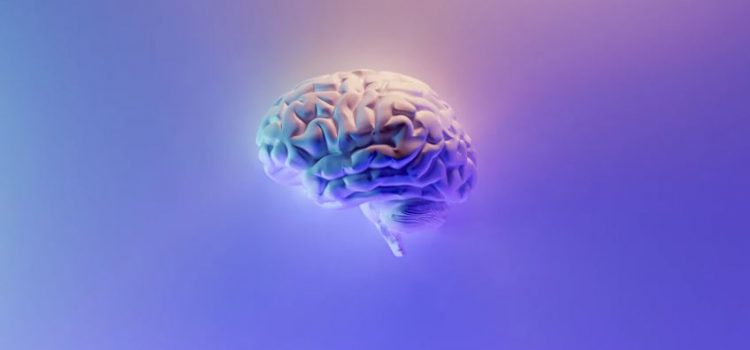Why did the Atomic Energy Commission want to revoke J. Robert Oppenheimer’s security clearance? How did the drama unfold, and how did it end? J. Robert Oppenheimer was a scientist. But, he had political enemies who, time and time again, raised concerns over his apparent ties with—and leanings toward—communism. This all came to a head in 1953 when his security clearance, and therefore his career, came under threat. Continue reading to learn about Oppenheimer’s security clearance hearing.
Oppenheimer’s Security Clearance Hearing: Tactics & Result










